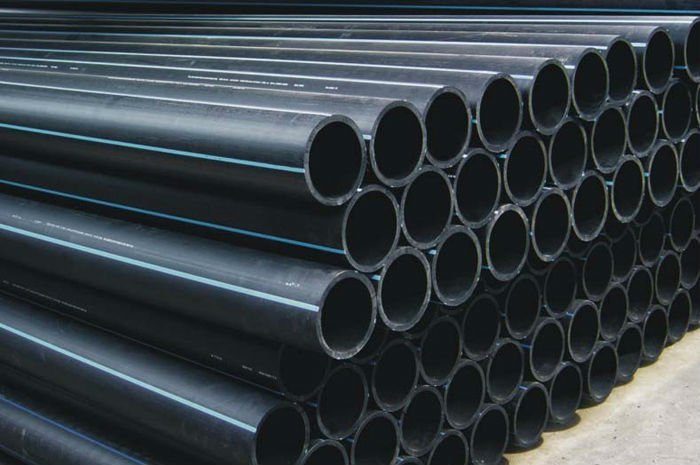Ten Trade Groups Send Joint Letter to Congress Against ‘Open Competition’ Piping Laws

Ten engineering and water utility organizations, including the American Water Works Association and the National Society of Professional Engineers, sent a joint letter to Congress against so-called “open competition” legislation designed to allow the use of plastic pipe in publically funded water and wastewater projects.
“Efforts to pass this legislation in the states have been uniformly rejected,” the July 5th letter states, “as have previous efforts to pass this legislation in Congress. On behalf of the tens of thousands of water systems throughout the country, the engineers who serve them, and the public served by them, we respectfully urge you to oppose materials preference legislation.”
Members of the 10 trade groups design and manage the nation’s water systems. The letter states the joint effort is “to raise serious concerns over material preference legislation.”
Efforts at the state and national level would “supersede engineering judgment and impose new mandates on communities” solely designed to promote the use of plastic pipe for various water projects, according to the letter.
The groups believe the marketplace for piping and other materials is already open and competitive.
“More importantly, however, technical decisions on materials such as pipe should not be made in the political arena, but rather by professional engineers based on the unique needs of each system, taking into account critical factors such as structural integrity, soil compatibility, maintenance and life cycle costs,” the letter says.
The groups recommend taking a long-term approach to consider such systems that use pipe that has a lower initial cost compared to other materials since they may end up more expensive to install and maintain.
“Imposing new materials mandates not only interferes with sound engineering judgment, but also with the ability of communities to manage their systems as efficiently as possible,” the letter concludes. “Communities should remain free to adopt system-wide best management practices and uniform specifications in the development and maintenance of their water systems to maximize efficiency and control costs, rather than forcing them to comply with more red tape from above.”
The letter was signed by the following groups: American Council of Engineering Companies; American Public Works Association; American Society of Civil Engineers; American Water Works Association; Association of Metropolitan Water Agencies; Association of Regional Water Organizations; National Association of Clean Water Agencies; National Society of Professional Engineers Rural Water Association; and Water Environment Federation.




